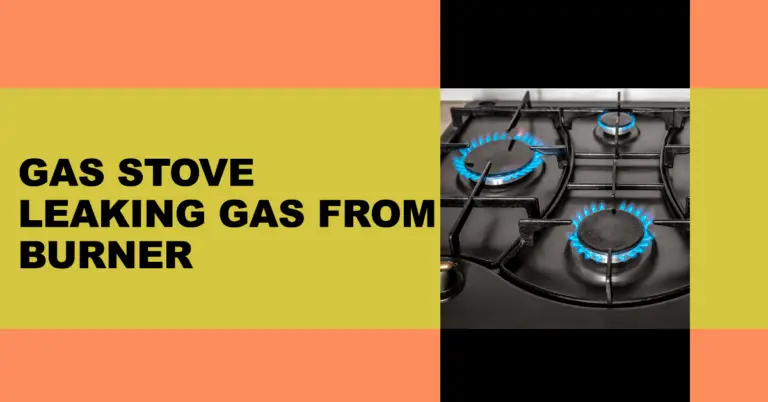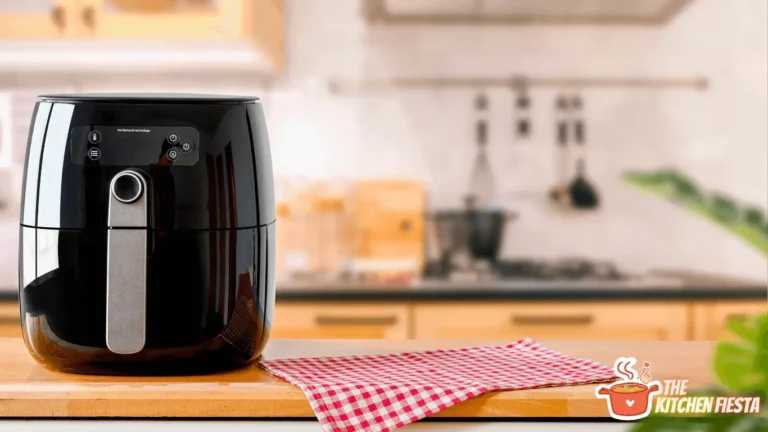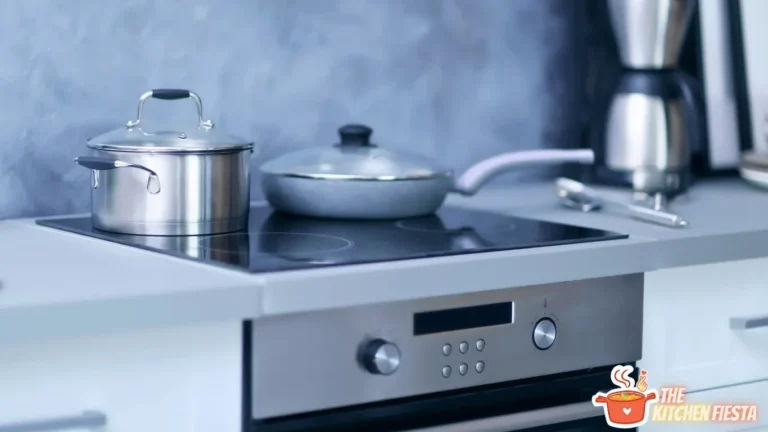Alcohol Stove vs Propane: Which is Better for Camping?
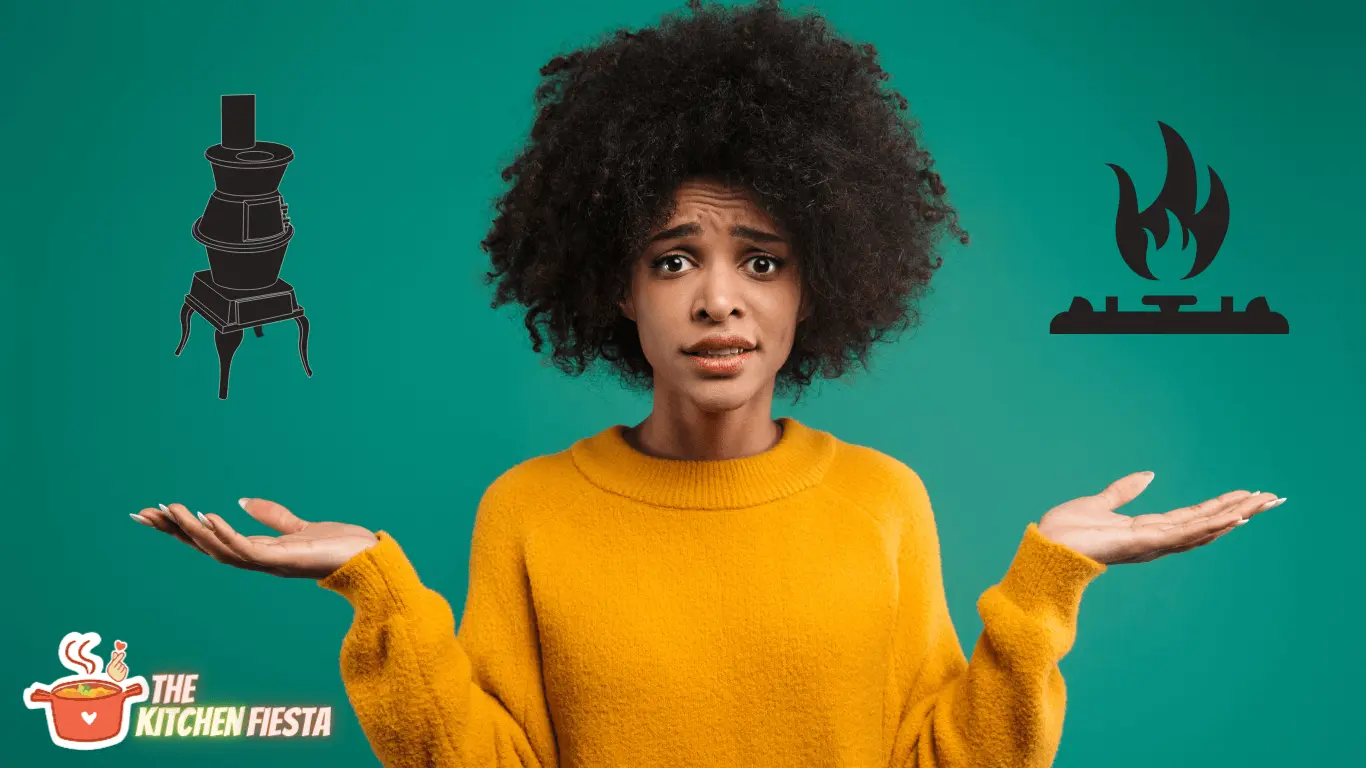
In terms of outdoor culinary endeavors, selecting an appropriate stove can significantly impact. Among the various options available, alcohol stoves and propane stoves stand out as popular choices. Each has merits and drawbacks, with the ultimate decision hinging upon personal preferences and specific requirements. Alcohol Stove vs Propane? Let’s find out!
Alcohol stoves are renowned for their lightweight and compact design, utilizing denatured alcohol as their fuel source. Avid hikers and backpackers particularly favor these stoves due to their exceptional portability and user-friendly nature. However, it’s worth noting that alcohol stoves generate comparatively lower heat output and may necessitate a longer cooking time. Moreover, they cannot adjust temperatures, which could be perceived as a disadvantage for certain individuals.
On the other hand, propane stoves exhibit higher efficiency and produce greater amounts of heat in contrast to alcohol stoves. They are commonly employed during car camping or other outdoor activities where weight and portability take a backseat in importance. Propane stoves have advantageous temperature adjustment capability, making them more versatile. Nevertheless, it should be acknowledged that they are relatively bulkier and heavier than their alcohol counterparts, which may pose a challenge for those seeking a lighter load.
Overview of Alcohol Stoves
One of the most important things to consider for camping or hiking is how to cook your food. There are several options, but two of the most popular are alcohol stoves and propane stoves. In this section, we will provide an overview of alcohol stoves, including how they work, their advantages, and disadvantages.
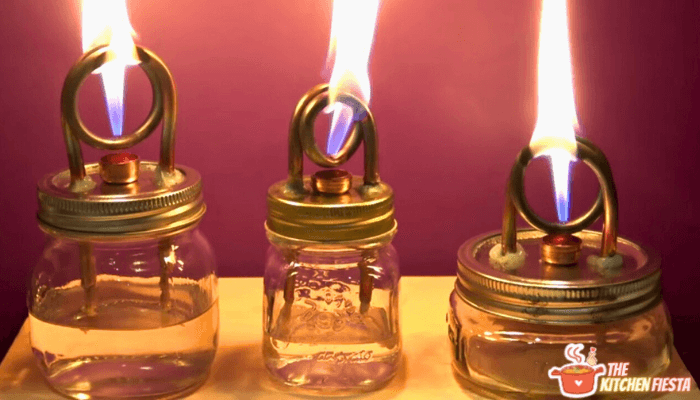
How Alcohol Stoves Work?
Alcohol stoves, as the name suggests, use alcohol as their fuel source. They work using a small burner filled with alcohol, ignited to produce heat. The heat is used to cook food or boiling water the water on stove. Alcohol stoves come in various shapes and sizes, from small and lightweight to larger and more complex designs.
Advantages of Alcohol Stoves
Alcohol stoves have several advantages over other types of stoves:
- They are lightweight and compact, making them ideal for backpackers and hikers carrying their gear.
- They are easy to use and require minimal setup time.
- Alcohol stoves are relatively inexpensive compared to other types of stoves.
- Alcohol stoves are environmentally friendly, producing less waste and emissions than other stoves.
Disadvantages of Alcohol Stoves
While alcohol stoves have many advantages, they also have some disadvantages. One of the biggest disadvantages is that they are less efficient than other stoves. Alcohol stoves tend to take longer to cook food and may require more fuel to do so.
Additionally, alcohol stoves are less reliable in extreme weather conditions, such as high winds or cold temperatures. Finally, alcohol stoves can be dangerous if not used properly, as alcohol is flammable and can cause fires or explosions if handled properly.
Overview of Propane Stoves
These stoves are easy to use, reliable, and provide a consistent source of heat.
How Propane Stoves Work?
Propane stoves are fueled by gas and stored in a separate tank or canister. The propane is fed through a regulator and into the stove, where a spark or a flame ignites it. The flame heats the burners, which heat the cooking surface.
Propane stoves come in various sizes and styles, from small, portable models for camping and backpacking to large, freestanding models for outdoor kitchens.
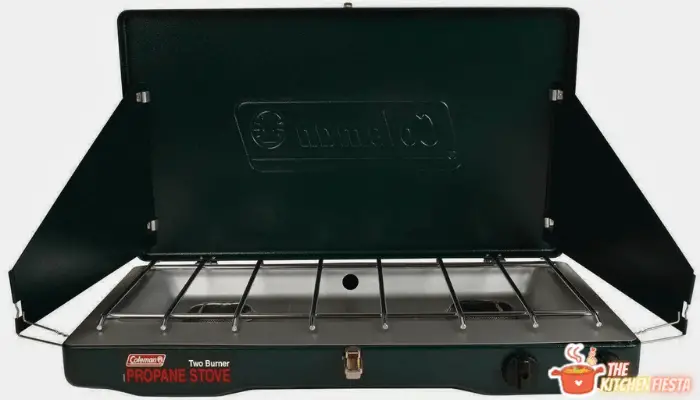
Advantages of Propane Stoves
One of the biggest advantages of propane stoves is their convenience. They are easy to set up and use, and the fuel source is readily available at most outdoor supply stores. Propane stoves also provide a consistent source of heat, making them ideal for cooking various foods.
Propane stoves are also relatively clean-burning and produce less smoke and soot than other stoves. This makes them a good choice for areas where open fires are not allowed.
Disadvantages of Propane Stoves
One of the main disadvantages of propane stoves is their weight. The propane tank or canister can add significant weight to your pack or gear, especially if you are backpacking or hiking long distances.
Propane stoves can also be expensive, both in terms of the initial cost of the stove and the ongoing cost of fuel. Propane canisters can be expensive, and it cannot be easy to gauge how much fuel you will need for a trip.
Finally, propane stoves can be less efficient than others, such as alcohol or wood-burning stoves. This means that you may need to carry more fuel with you, which can add to the weight and cost of your trip.
Comparison of Alcohol Stoves and Propane Stoves
Choosing the right stove can make a big difference. Two popular options are alcohol stoves and propane stoves.
1. Fuel Efficiency
Propane stoves are generally more fuel-efficient than alcohol stoves. Propane produces more heat per unit of fuel consumed, so it can boil water faster and cook food faster than alcohol stoves. Propane stoves also have more temperature control, which can be important for cooking more complex meals.
On the other hand, alcohol stoves are more efficient regarding weight. Alcohol fuel contains approximately half the energy by weight of white gas or butane/propane. As a result, alcohol stoves are lighter and more portable than propane stoves. Alcohol stoves can also be fueled by denatured alcohol or ethanol, which are readily available and cheaper than propane.
Check out this guide on Best Alcohol Stove Fuels for Camping & Backpacking for a detailed stove fuel understanding.
2. Ease of Use
Propane stoves are generally easier to use than alcohol stoves. Propane stoves have a simple on/off switch and temperature control, which makes them easy to operate. Propane stoves also have a more stable flame, which can be important in windy conditions.
Alcohol stoves, on the other hand, require more attention and skill. Alcohol stoves have a smaller flame and are more sensitive to wind and temperature changes. They also require a separate container to measure and pour the fuel, which can be messy and time-consuming.
3. Cost
Regarding cost, alcohol stoves are generally cheaper than propane stoves. Alcohol stoves are simple in design and can be made home with inexpensive materials. Alcohol fuel is also cheaper than propane, which can save money in the long run.
On the other hand, propane stoves can be more expensive to purchase. Propane stoves require a more complex design and are made of more durable materials. Propane fuel is also more expensive than alcohol, which can add up.
4. Environmental Impact
Regarding environmental impact, alcohol stoves are generally considered more eco-friendly than propane stoves. Alcohol fuel is made from renewable resources and produces fewer emissions than propane. Alcohol stoves also produce less waste, as the fuel can be poured back into the container when unused.
On the other hand, propane stoves produce more emissions and are made from non-renewable resources. Propane fuel can also be difficult to dispose of, as it requires special handling and cannot be poured down the drain.
Bottom Line
After comparing the pros and cons of alcohol stoves and propane stoves, we can conclude which type of stove is best for different situations.
In terms of weight and portability, alcohol stoves are the clear winner. They are generally lighter and more compact, making them ideal for backpacking trips or other situations where space and weight are at a premium. Propane stoves can be bulkier and heavier, making them more difficult to transport.
However, for cooking performance, propane stoves have an edge. They are more efficient and produce more heat, which means they can cook food more quickly and with less fuel. Alcohol stoves, on the other hand, may take longer to cook food and require more fuel to do so.
While alcohol stoves are generally considered safe to use, they do have some drawbacks in this regard. For example, alcohol vapor is less volatile and explosive than propane. However, alcohol stoves may still pose a fire hazard if improper use. Propane stoves, on the other hand, are generally safer and easier to use.
Value portability and are okay with a slightly longer cooking time. An alcohol stove may be the way to go. If cooking performance and safety are your top priorities, a propane stove may be the better choice.
FAQs – Alcohol Stove vs Propane
Can I Use Denatured Alcohol In My Alcohol Stove?
Yes, denatured alcohol is a common fuel source for alcohol stoves. It’s a type of alcohol that has been treated with chemicals to make it toxic and undrinkable. This makes it cheaper and easier to purchase than other alcohol fuels. Not all denatured alcohol is created equal. Make sure to use a high-quality, clean-burning denatured alcohol specifically designed for use in alcohol stoves.
Can I Use A Propane Stove Indoors?
Propane stoves should only be used in well-ventilated areas or outdoors. Using a propane stove indoors can be dangerous due to the risk of carbon monoxide poisoning. Carbon monoxide is a colorless, odorless gas that can be deadly if inhaled in high concentrations. If you must use a propane stove indoors, open a window or door for proper ventilation.
How Do I Know When My Alcohol Stove Is Out Of Fuel?
Alcohol stoves don’t have a gauge or indicator to show when the fuel is running low. Instead, you’ll need to keep an eye on the flame. When the flame starts to flicker and die down, it’s time to add more fuel. It’s a good idea to carry extra fuel on your camping or backpacking trip, just in case you run out.
How Do I Clean My Propane Stove?
Cleaning a propane stove is relatively easy. Start by disconnecting the propane tank and removing loose debris or food particles. Then, use a mild soap and water solution to clean the stovetop and other surfaces. Rinse thoroughly and allow the stove to dry completely before using it again. Avoid harsh chemicals or abrasive materials, which can damage the stove’s finish.


